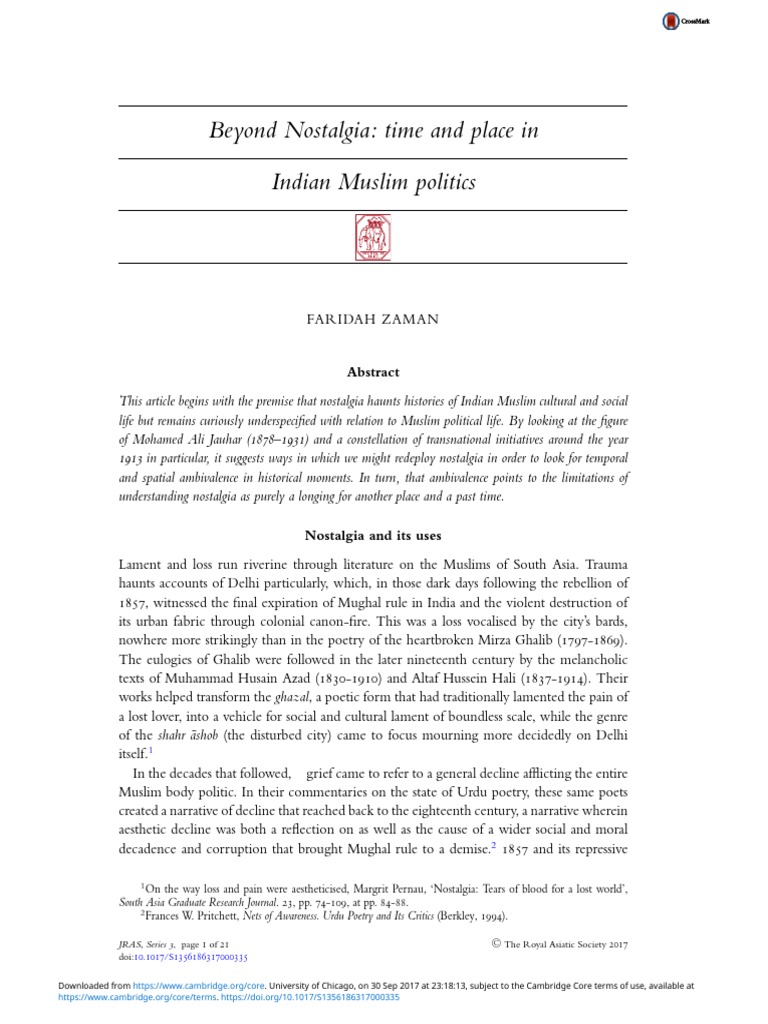In contemplating the landscape of contemporary spirituality, one may wonder: how can the teachings of the Bahá’í Faith transcend the nostalgic echoes of history to reshape our collective future? This inquiry opens a dialogue on the essence of Bahá’í principles, their applicability in modern society, and their capacity to foster a harmonious global community. The Bahá’í teachings offer profound insights into the nature of unity, justice, and the role of individuals in catalyzing social transformation.
The Bahá’í Faith, with its origins in 19th-century Persia, presents a spiritual framework that vigorously advocates for the oneness of humanity. This principle serves as the bedrock of Bahá’í belief—a clarion call to rise above sectarian divisions that have historically fragmented societies. In a world rife with discord, the Bahá’í perspective encourages individuals to perceive beyond the constraints of culture, ethnicity, or nationality. It posits that the salvation of humanity lies in the acknowledgment of our interconnectedness, fostering a commitment to cooperation and service.
The teachings of Bahá’u’lláh, the founder of the Bahá’í Faith, explicate the necessity for unity not as mere benevolent idealism but as an imperative for progress. This entails transcending personal biases and historical grievances that may inhibit collaborative efforts. For instance, the concept of “elimination of extremes of wealth and poverty” challenges prevailing socioeconomic disparities. It invites a reassessment of the structures that underpin inequality and engenders a vision for a society wherein resources are equitably distributed, thus facilitating a more balanced existence.
However, this transformative vision necessitates a radical shift in our collective consciousness. There lies a challenge in navigating the dichotomy between nostalgia for past paradigms and the pursuit of innovative solutions. Can we actively cultivate new frameworks for interactions that valorize inclusive dialogue and mutual growth? The Bahá’í teachings encourage the exploration of shared values. These values, pivoted on principles of equity and justice, can invigorate communities by cultivating an ethos of trust and collaboration.
Integrating spirituality into the fabric of daily life is another salient aspect espoused by Bahá’í teachings. The Faith does not delineate spirituality as a segregated domain but rather enfolds it into the ordinary experiences of life. This holistic approach urges individuals to embody spiritual attributes such as kindness, patience, and forgiveness, thus allowing these qualities to permeate societal interactions. It is within this habitation of spiritual and material realms that the Bahá’í concept of “the world as one country” emerges as a guiding aspirational framework.
Moreover, the Bahá’í teachings place significant emphasis on education as a transformative force. Education is perceived not merely as a means of intellectual enrichment but as a vehicle for moral and ethical development. This perspective engenders a challenge: how do we ensure that educational systems foster a sense of global citizenship? By promoting curricula that emphasize critical thinking, creativity, and social responsibility, educational institutions can cultivate leaders equipped to navigate the complexities of a multifaceted world. In this light, the Bahá’í commitment to universal education underscores its role as a cornerstone for social advancement.
In a world increasingly defined by technological advancements and rapid globalization, the teachings of the Bahá’í Faith offer a prophetic lens through which to view impending challenges. The teachings advocate for the judicious use of technology, urging individuals to consider its implications for the human spirit. The balance between embracing innovation and safeguarding humanity’s soul is crucial. How can technology be harnessed to build bridges rather than erect barriers? The Bahá’í response is rooted in the ethical application of technological advancements to promote the common good, facilitating physical and spiritual well-being.
Furthermore, the Bahá’í perspective encourages community building as a foundational pillar toward creating a better world. The establishment of vibrant communities based on mutual respect and collective action exemplifies the heart of Bahá’í practice. Engaging in local initiatives that address social, economic, and environmental challenges not only empowers individuals but also instills a sense of agency. It reinforces the ideology that positive change is conceivable through grassroots efforts coordinated by committed and organized local clusters. Each individual has a role to play in this collective endeavor, thereby answering the Bahá’í imperative of contributing to the global society.
Ultimately, the teachings of the Bahá’í Faith prompt a contemplation of our shared destiny. They challenge the individual to move beyond nostalgia—a longing for a bygone era—and inspire proactive engagement in co-creating a more just and peaceful world. The dynamic interplay between personal transformation and societal reform emerges as integral to this pursuit. Through reflection on Bahá’í principles, individuals are called to envision not only what a better world could be but also what role they can play in its realization.
Embracing this ethos of collaborative striving, informed by both spiritual insights and practical action, sets the stage for a future where differences are celebrated, and unity is the norm. The Bahá’í teachings illuminate a path forward, inviting all to participate in building a world characterized by equality, justice, and shared prosperity. To aspire toward such a vision is not merely to hope for a better tomorrow but to actively engage in its creation today.
